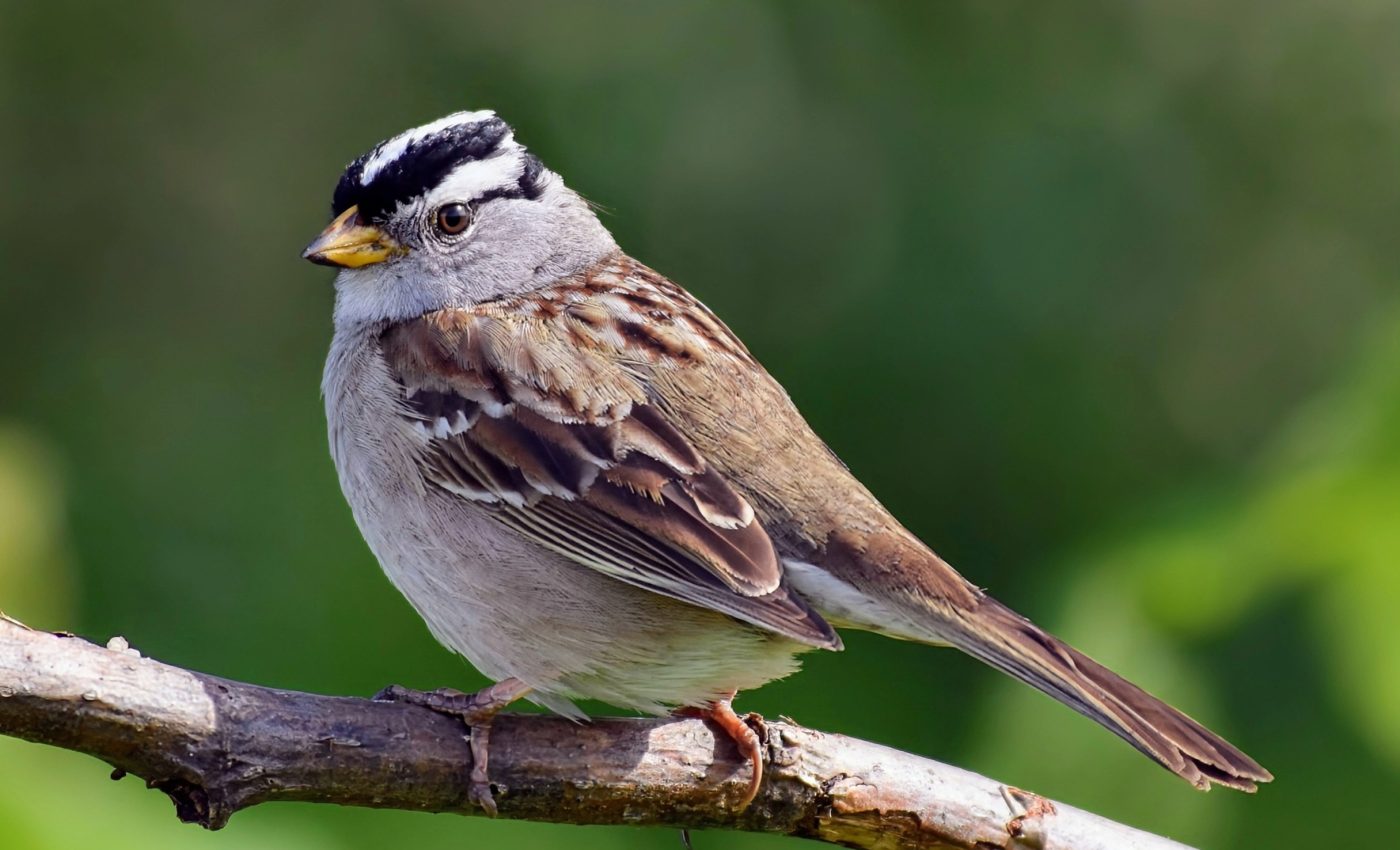
Survival of the smartest: Chickadees with better memory live longer
Mountain chickadees, small birds native to North America, are more than just cute faces. They are survivors, and quite smart ones at that.
But how was this determined? Firstly, it’s crucial to understand that these birds have developed a unique ability to stash away food, specifically seeds, in numerous locations and retrieve them when needed.
Chickadees: The smart survivor
“Survival of the fittest” suggests that the strong and adaptable are more likely to survive and reproduce. However, the latest research indicates there might be another critical factor involved – being smarter.
A decade-long study involving 227 mountain chickadees was conducted by animal behavior and cognition researcher Dr. Carrie Branch, a psychology professor in the Advanced Facility for Avian Research at the University of Western Ontario.
Collaborating with researchers at the University of Oklahoma and University of Nevada, Branch tracked the spatial cognition and lifespan of the chickadees. The study revealed a significant correlation between a bird’s spatial awareness, its lifespan, and the number of offspring it could produce.
Speaking of smart birds
“Animals have two interests. They want to survive, and they want to reproduce, so the smart thing for them to do is whatever allows those two things to happen,” noted Dr. Branch.
“We found for mountain chickadees that means knowing where to collect food, successfully storing it and remembering where they stored it so they can retrieve it later.”
In simpler terms, these quick-witted birds have learned that the key to survival is not just about how much food they can gather, but how efficiently they can store and retrieve it.
Potential of smart chickadees
The study confirmed that enhanced cognitive abilities are associated with a more extended lifespan in wild chickadees. Specifically, birds with better learning and memory capabilities regarding their surroundings and food storing strategies lived longer.
“We can confirm chickadees have figured out how to cache and recover food using spatial cognition and the ones that do it better, live longer,” said Dr. Branch.
The results showed that mountain chickadees with the best spatial cognitive abilities, on average, tend to outlive their peers by two years. Furthermore, they may produce more than double the offspring compared to those with poorer cognition.
More brains, more babies
It’s no secret that longer life signifies more years to breed and produce offspring. This rings particularly true for chickadees, who breed once a year with an average clutch size of seven eggs.
In addition to this, Dr. Branch and her teammates have discovered that females produce more offspring when paired with “smarter” males. Substantiating the claim, the study showed that individuals with the best spatial abilities could produce 14 more offspring than those with poorer cognition.
Survival skills amidst climate change
In times of harsh and unpredictable environments, including extreme weather events caused by climate change, better spatial cognitive abilities allow chickadees to successfully retrieve cached food.
“This study shows that mountain chickadees with better spatial cognitive abilities are more likely to live longer,” said Dr. Branch.
Intelligence and survival
Understanding the link between cognitive abilities and survival not only sheds light on mountain chickadees but opens the door to broader implications across avian species.
The enhanced problem-solving and adaptability showcased by these birds may provide key insights into how intelligence can contribute to evolutionary success.
This information may hold critical significance in conservation efforts, prompting researchers and wildlife managers to consider cognitive capacities as a vital component when assessing the resilience of bird populations in a rapidly changing environment.
Protecting the smart chickadees
The revelations from this study highlight the importance of preserving natural habitats, as the decline of suitable environments poses a substantial threat to the intelligence-driven survival strategies of mountain chickadees and many other species.
Conservation initiatives must not only focus on protecting the physical aspects of these ecosystems but also on ensuring that the cognitive demands placed on wildlife are met.
By maintaining environments that challenge and expand the learning opportunities for avian populations, we can contribute to a future where smarter birds lead the way in adaptation and resilience amidst environmental changes.
The study is published in the journal Science.
—–
Like what you read? Subscribe to our newsletter for engaging articles, exclusive content, and the latest updates.
Check us out on EarthSnap, a free app brought to you by Eric Ralls and Earth.com.
—–













